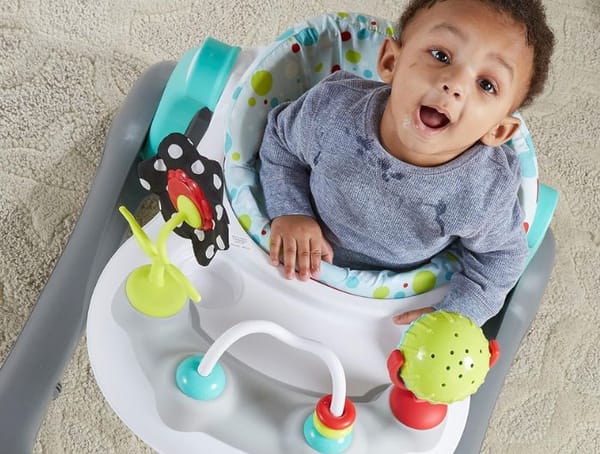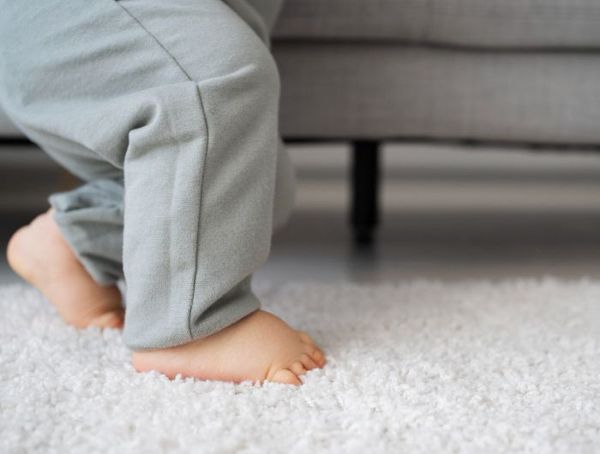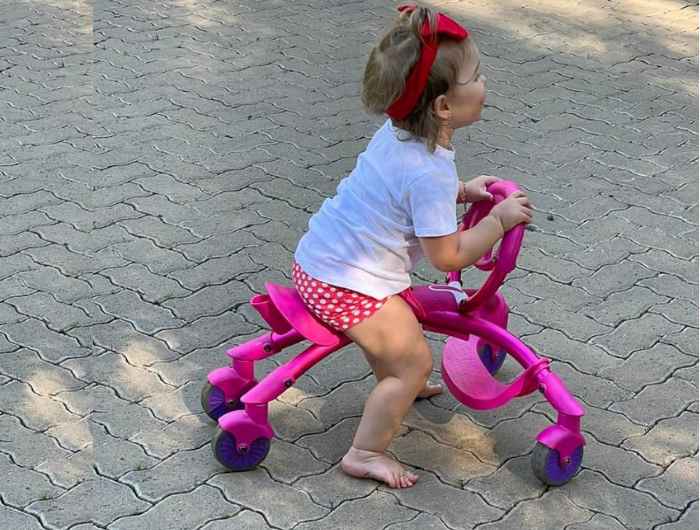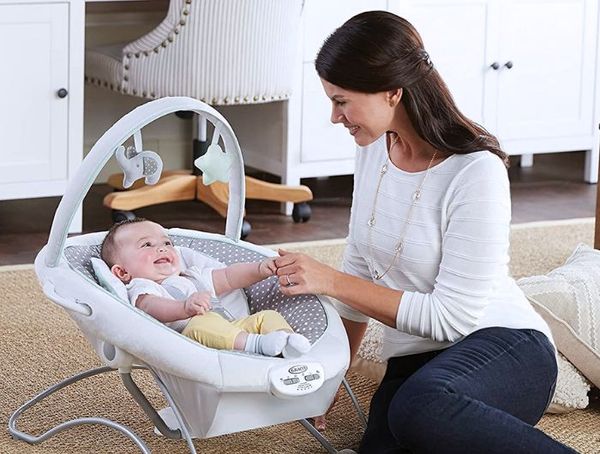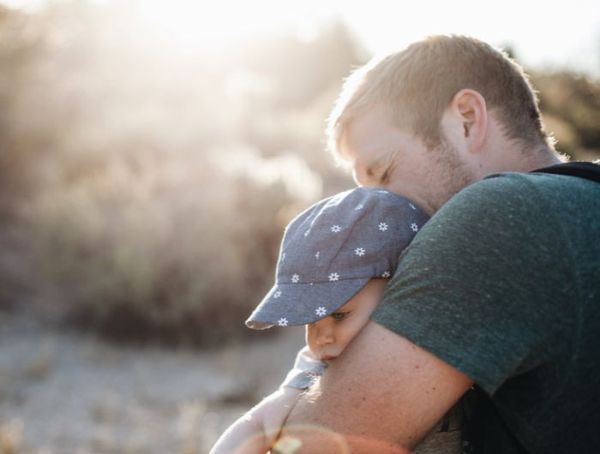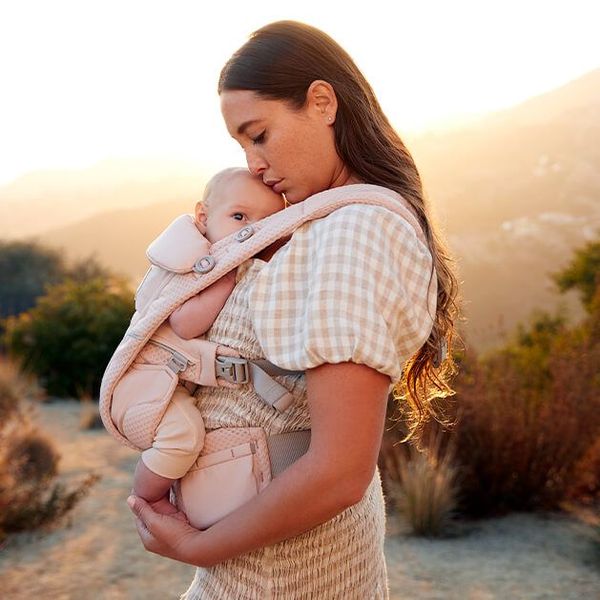It is amazing to watch your baby grow and learn new skills every day. One of the most exciting milestones is when they start to stand up and take their first steps. But it can also be nerve-wracking and stressful, especially if you're worried about their safety and development. Maybe a baby push walker can help.
What is a Push Walker?
A push walker is a toy that consists of a base with wheels and a handle that your baby can hold on to and push around. The best baby push walker should also have activity panels with buttons, lights, sounds, and shapes that your baby can play with.
Push walkers are designed to help babies who are learning to walk by giving them support and confidence. They also encourage them to explore their surroundings and develop their motor skills, balance, and coordination.

When Can My Baby Start Using A Push Walker?
Most babies start walking between 12-18 months of age. At 9 months old, they may not be ready to take their first steps on their own yet, but they can still benefit from using the best baby push toy, namely a push walker.
It provides an excellent opportunity for them to practice standing up and balancing with support, as well as building strength in their legs and core muscles. Plus, it gives them something fun and stimulating to do!
What Are The Benefits And Risks Of Using A Push Walker For 9 Month Old Babies?
Push walkers can be a useful tool for 9-month-old babies as they learn to walk and develop their motor and cognitive skills. With interactive features, push walkers can provide a fun and engaging environment while stimulating their senses and cognitive development. It also promotes independence and confidence as they move independently.
It is important to note that push walkers also carry some risks. Falls, accidents, and injuries are possible if not used safely, while prolonged use may delay natural walking development or limit your baby's exploration and creativity by restricting their movement to certain directions. You can learn more about pros and cons of baby push walkers in our comprehensive guide.
Is A Push Walker Safe For My Baby?
Push walkers should have adjustable height settings so that it's suitable for babies of different sizes (and growing babies!). The base should also be wide enough so that it won’t tip over easily when your baby pushes it around. Additionally, look out for features such as brakes or locks on the wheels - these can help prevent injuries if your baby gets too close to stairs or other hazards. Push walkers are better for babies who can already stand on their own.
What Are Some Alternative Options For Helping Your Baby Learn To Walk?
Hold their hands or use a harness while they walk around and provide them with sturdy furniture or toys that they can pull up on and cruise along. Give them plenty of floor time and space to crawl, roll, and stand up and encourage them with praise, applause, and rewards when they make progress. Let them walk barefoot or with soft-soled shoes to improve their grip and balance.
Remember that every baby is different and learns to walk at their own pace. Don't rush or pressure them to walk before they are ready. Just follow their cues and support them along the way.
How To Use A Baby Push Walker Safely
If you decide to use a push walker for your 9 month old baby, here are some tips on when and how to use it safely and effectively:
Make sure your baby is ready to use a push walker. They should be able to sit up, pull up, stand up, and balance on their own. The average age range for most push walkers is between 6 months to 3 years, but it depends on your baby's physical abilities.
Choose a push walker that suits your baby's size, strength, and preferences. It should be sturdy, stable, adjustable, and easy to maneuver. It should also have features that interest your baby and keep them entertained.
Use the push walker only on a flat, smooth, and spacious surface. Avoid using it on carpets and stairs or outdoors.
Conclusion
In conclusion, using a push walker for a 9-month-old baby can be a great way to help them learn to walk, develop their motor and cognitive skills, and build confidence and independence. However, it's essential to choose a safe and appropriate push walker, use it on suitable surfaces, and follow the manufacturer's instructions.
But don't forget that there are also alternative options available to help your baby learn to walk. Ultimately, every baby is unique, and they will learn to walk at their own pace. Support and encourage them along the way, and celebrate every milestone!
Thank you for reading Mother Bear Reviews, your favorite parenting blog!



